Drug-based DWI prosecutions in North Carolina operate under an evidentiary framework that differs substantially from alcohol enforcement. In DUI cases involving drugs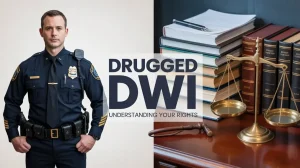 (sometimes called DUID – driving under the influence of drugs) or “drugged driving” by the general public, the forensic analysis and legal issues tend to be significantly more complex.
(sometimes called DUID – driving under the influence of drugs) or “drugged driving” by the general public, the forensic analysis and legal issues tend to be significantly more complex.
Unlike alcohol, for which decades of research have provided relatively clear thresholds (like 0.08 BAC) and relatively well-understood pharmacology, psychoactive drugs present a diverse and evolving challenge.
Alcohol impairment is supported by decades of controlled laboratory research, standardized psychomotor testing models, and population-level epidemiology that correlate rising blood alcohol concentrations with relatively predictable losses of cognitive and motor functioning at certain BAC levels.
 Carolina Criminal Defense & DUI Lawyer Updates
Carolina Criminal Defense & DUI Lawyer Updates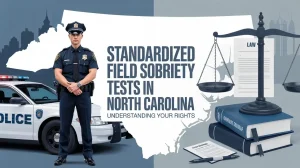 behind BAC tests is powerful, but it is also technical, layered with protocols, human decision points, and laboratory processes that must be followed with precision. When a “drunk driving” case shifts from the roadside to the laboratory, the entire conversation changes. You move from dexterity exercises to molecular chemistry, and from visible performance to physics, gas chromatography and mass spectroscopy, both topics that an average juror would never see unless brought to life at trial by defense counsel.
behind BAC tests is powerful, but it is also technical, layered with protocols, human decision points, and laboratory processes that must be followed with precision. When a “drunk driving” case shifts from the roadside to the laboratory, the entire conversation changes. You move from dexterity exercises to molecular chemistry, and from visible performance to physics, gas chromatography and mass spectroscopy, both topics that an average juror would never see unless brought to life at trial by defense counsel.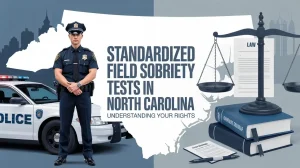 prosecution and defense of DWI cases in North Carolina. The first installment examined the limits of chemical testing. The second article turned to the machines that interpret alcohol breath samples into evidence, using the “breathalyzer.” This post focuses on the field sobriety tests or “SFSTs” that often precede BAC testing.
prosecution and defense of DWI cases in North Carolina. The first installment examined the limits of chemical testing. The second article turned to the machines that interpret alcohol breath samples into evidence, using the “breathalyzer.” This post focuses on the field sobriety tests or “SFSTs” that often precede BAC testing.
 government trust against the structural necessity of constitutional discipline. Whether this evolution strengthens justice or weakens liberty depends on how future courts interpret the limits of “reasonableness” in applying the Good Faith Exception to the Exclusionary Rule.
government trust against the structural necessity of constitutional discipline. Whether this evolution strengthens justice or weakens liberty depends on how future courts interpret the limits of “reasonableness” in applying the Good Faith Exception to the Exclusionary Rule. Few areas highlight that collision more than impaired driving prosecutions involving fatalities and serious injuries.
Few areas highlight that collision more than impaired driving prosecutions involving fatalities and serious injuries.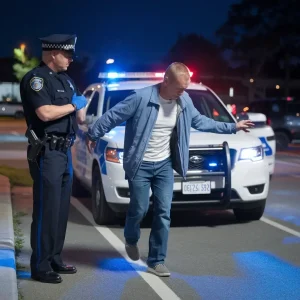 enforcement on scene to confirm the consumption of alcohol. If you’ve been charged with driving while impaired, it’s a legitimate question to ask:
enforcement on scene to confirm the consumption of alcohol. If you’ve been charged with driving while impaired, it’s a legitimate question to ask: 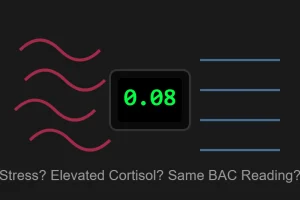 such as traffic stops, arrests, and DWI charges.
such as traffic stops, arrests, and DWI charges. you will need a continuance. It might be continued again, and again after that. Whether you’re charged with DWI in Mecklenburg County or facing a felony in Union County, continuances are part of the system.
you will need a continuance. It might be continued again, and again after that. Whether you’re charged with DWI in Mecklenburg County or facing a felony in Union County, continuances are part of the system.